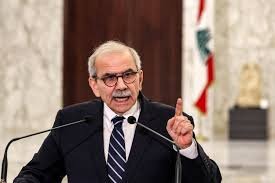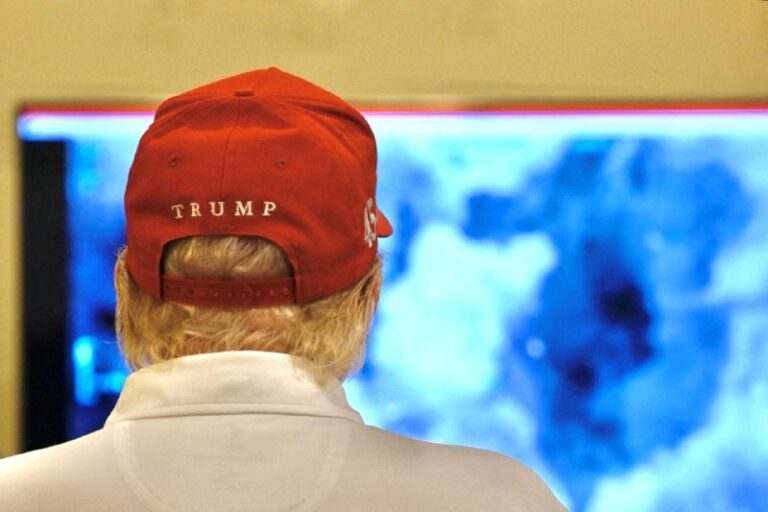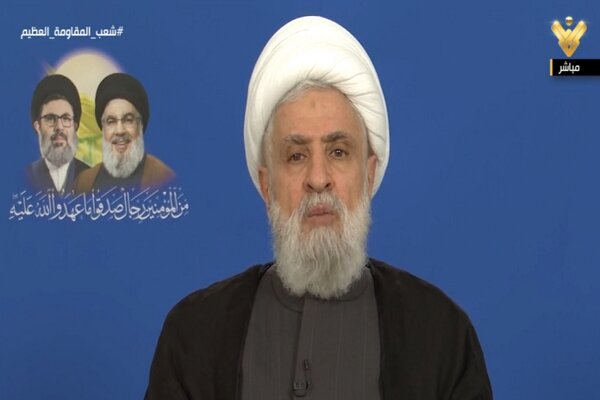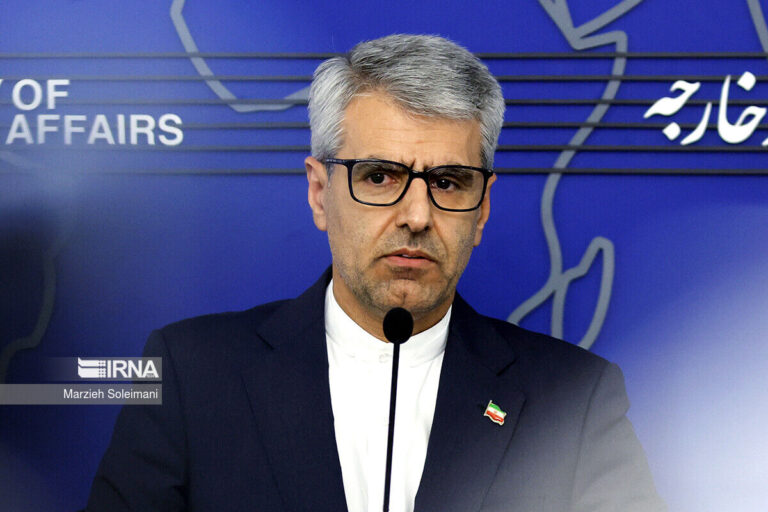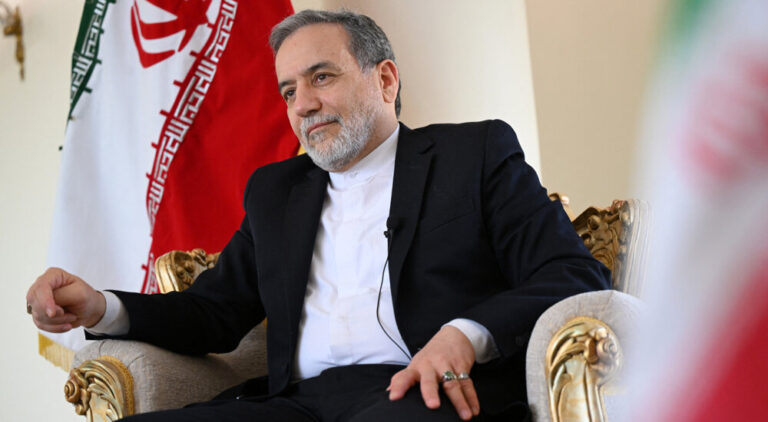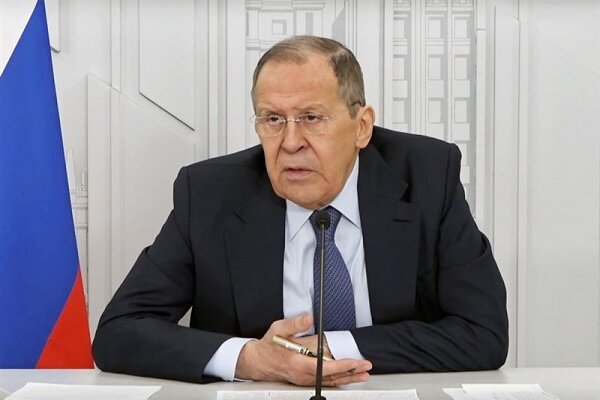Unraveling the Mystery: Who’s Sabotaging the Formation of Lebanon’s New Government?
In the complex landscape of Lebanese politics, the situation surrounding Prime Minister-designate Nawaf Salam is evolving rapidly. Facing immense pressure from his so-called allies, Salam is now navigating a challenging path regarding his ministerial selections. If he fails to align with the expectations of his political backers, he may be forced to apologize or present a cabinet that lacks parliamentary confidence.
During the parliamentary consultations, the very political factions that nominated him have expressed disappointment. They perceive Salam’s positive engagement with the concerns of the Hezbollah-Amal alliance as a sign of weakness, accusing him of “submitting” to their demands. This discontent has fueled tensions within the political sphere.
One prominent figure in this political drama is Samir Geagea, the leader of the Lebanese Forces. Geagea has frequently attempted to manipulate the anti-Hezbollah MPs to serve his agenda. However, recent political developments have thwarted his ambitions to establish a “government without Hezbollah” and to “liberate the Ministry of Finance from the dominance of the Shiite duo,” as he articulates.
Geagea’s frustration stems from the Shiite duo’s agreement with Nawaf Salam to appoint Yassin Jaber as the Minister of Finance. This decision, supported by President Joseph Aoun, also includes the appointment of a fifth Shiite minister with approval from the duo. Such arrangements have raised concerns among Geagea’s supporters.
- Sources close to the Lebanese Forces indicate that their support for Salam’s government will hinge on the complete withdrawal of the Ministry of Finance from Shiite control.
- They argue that without this change, foreign support for their political endeavors will remain elusive.
- Moreover, there are suggestions that Salam may need to apologize, as anti-Hezbollah factions are ready to propose an alternative prime minister who can secure the success of Joseph Aoun’s presidency.
In addition to the Lebanese Forces, other political groups, such as the Renewal Parliamentary Bloc (including Fouad Makhzoumi, Michel Moawad, and Ashraf Rifi) and the Alliance for Change Parliamentary Bloc (featuring Michel Douaihy, Mark Daou, and Waddah Sadek), also oppose Salam’s approach. This collective dissent highlights the broader dilemma of sectarian politics in Lebanon, which often obstructs fair representation.
Interestingly, Nawaf Salam was appointed despite Geagea’s disapproval, forcing the Lebanese Forces leader to engage with him openly while undermining his cabinet formation efforts behind the scenes. Salam’s goal appears to be the creation of a government that can withstand Geagea’s perception of a “victory” over Hezbollah, particularly against the backdrop of recent US-led Israeli aggression and the instability of Bashar al-Assad’s regime.
While Geagea’s faction seems to overlook the objective political realities, Salam is determined not to be seen as a mere “tool” in their game. He is striving to create a coalition that encompasses all factions. Notably, Salam has only spent a brief period—less than a month—working on his cabinet, which is quite short compared to his predecessors.
Amid these political challenges, the influence of external forces remains significant. Sources close to former President Trump emphasize a commitment to the outcomes achieved in both Gaza and Lebanon. However, Washington’s ongoing interference in Lebanese affairs underscores its interest in the political configuration of the new cabinet, especially given the broader dynamics in West Asia.
In a related development, Australia has imposed sanctions on Sheikh Naim Qassem, the Secretary General of Hezbollah. The Australian government cited his perceived bias toward “the Zionist entity” and his role in covering up its aggression and terrorism.
It appears that Washington is actively working to obstruct the formation of a government aligned with Salam’s agreement with the Shiite duo. There is also an effort to impose a fifth Shiite minister who would oppose the current Shiite alliance, further complicating the political landscape.
As Lebanon grapples with these multifaceted political challenges, the direction of Nawaf Salam’s premiership remains uncertain. The intricate web of alliances and the pressure from various factions may ultimately determine whether he can successfully navigate this turbulent political environment.
In conclusion, Lebanon’s political future hinges on the delicate balance between sectarian interests, external pressures, and the aspirations of its leaders. The coming days will be crucial as Salam seeks to solidify his cabinet and address the demands of his political allies while striving to maintain national unity.
